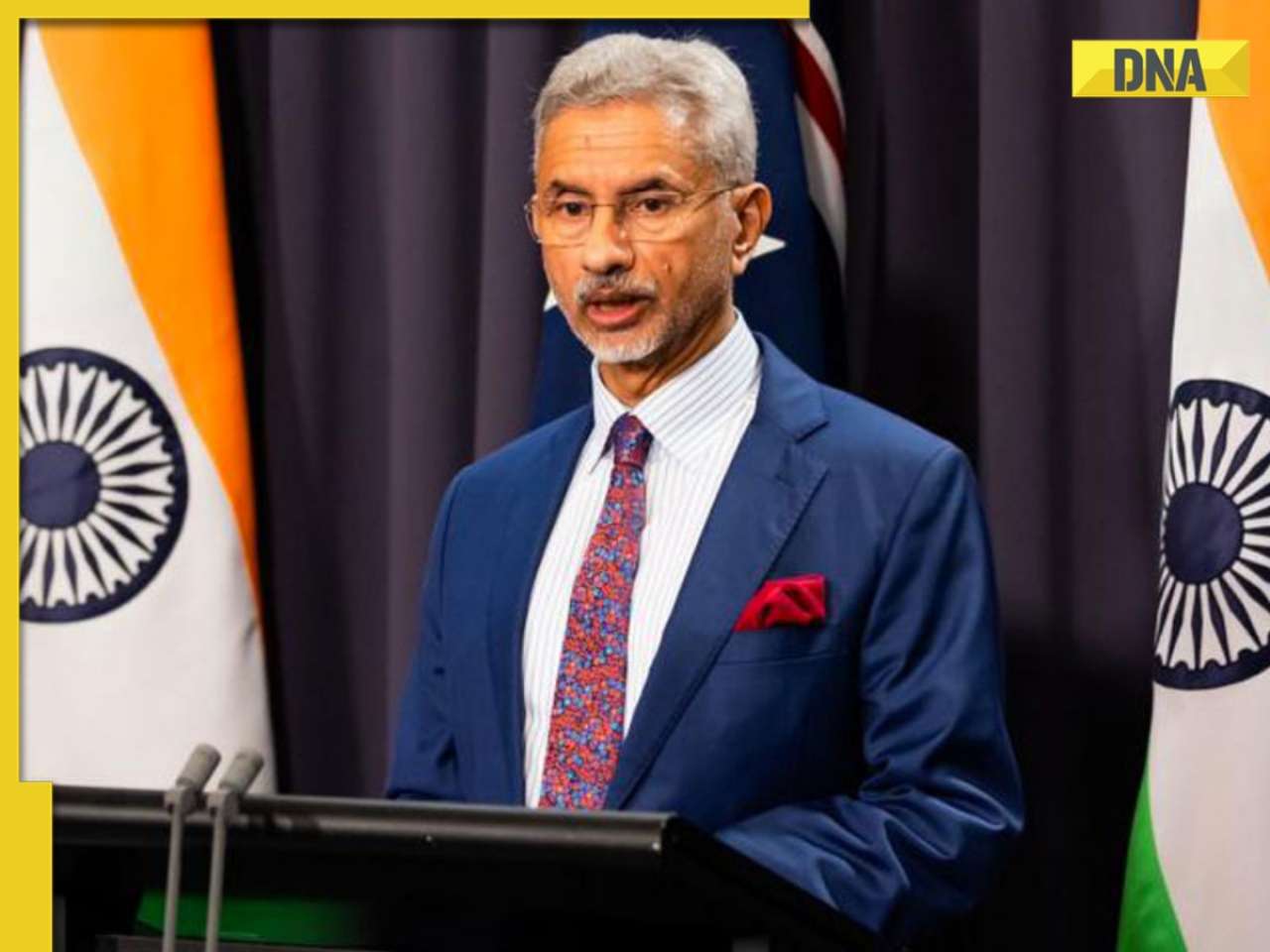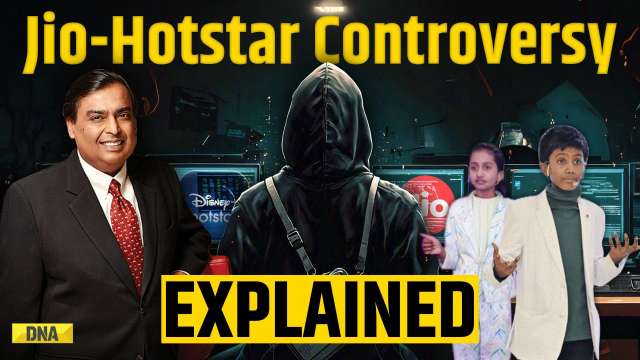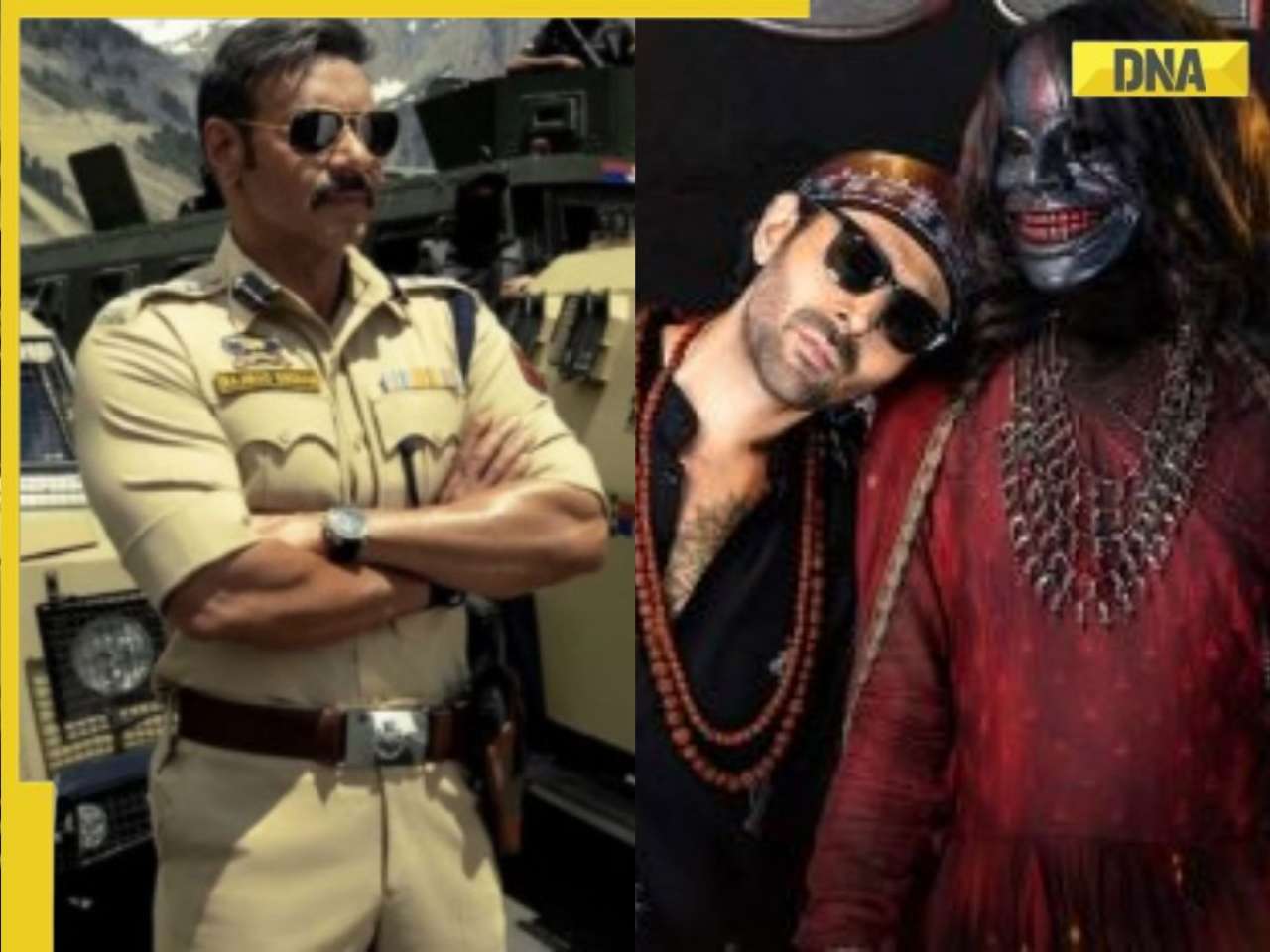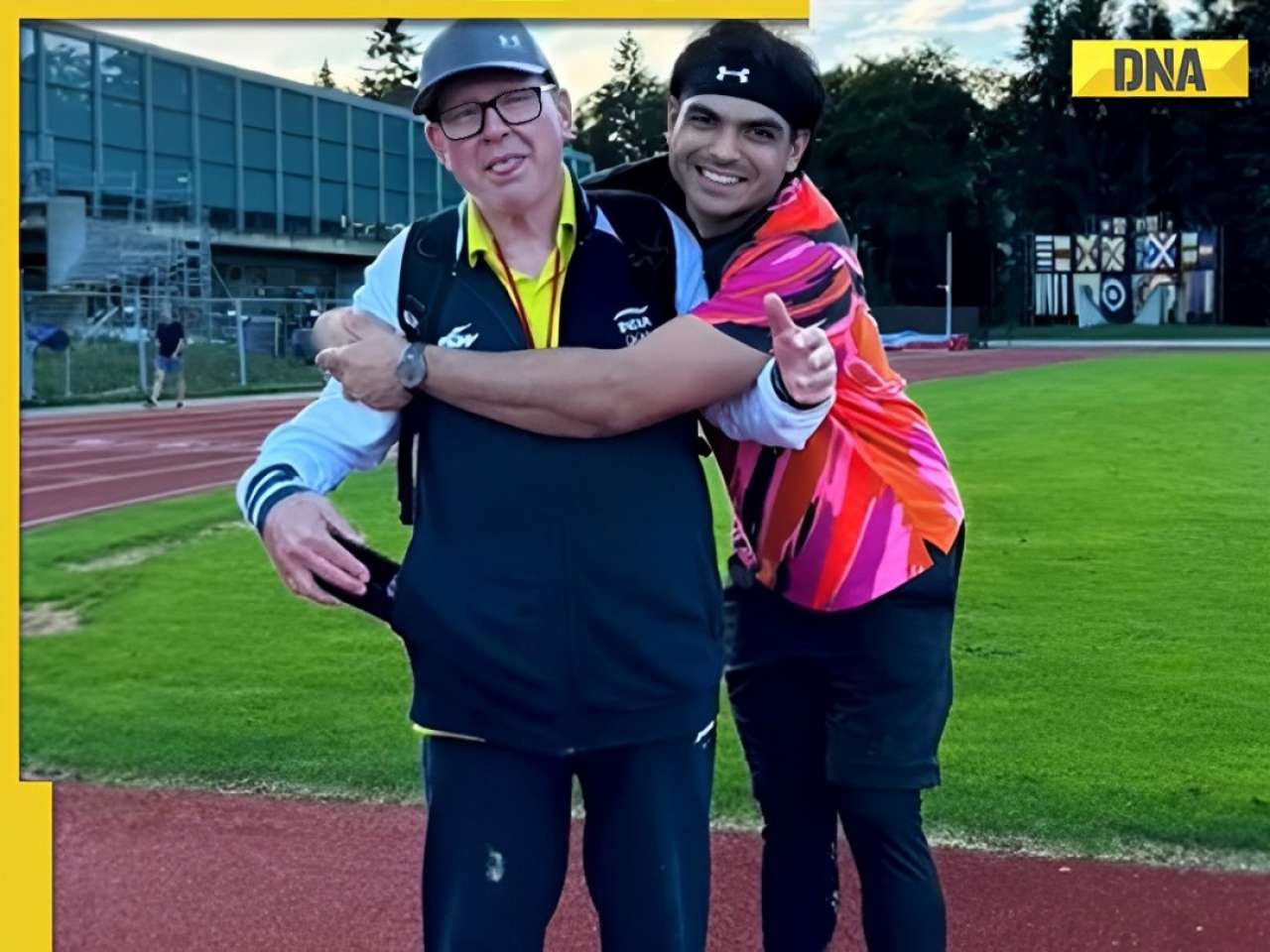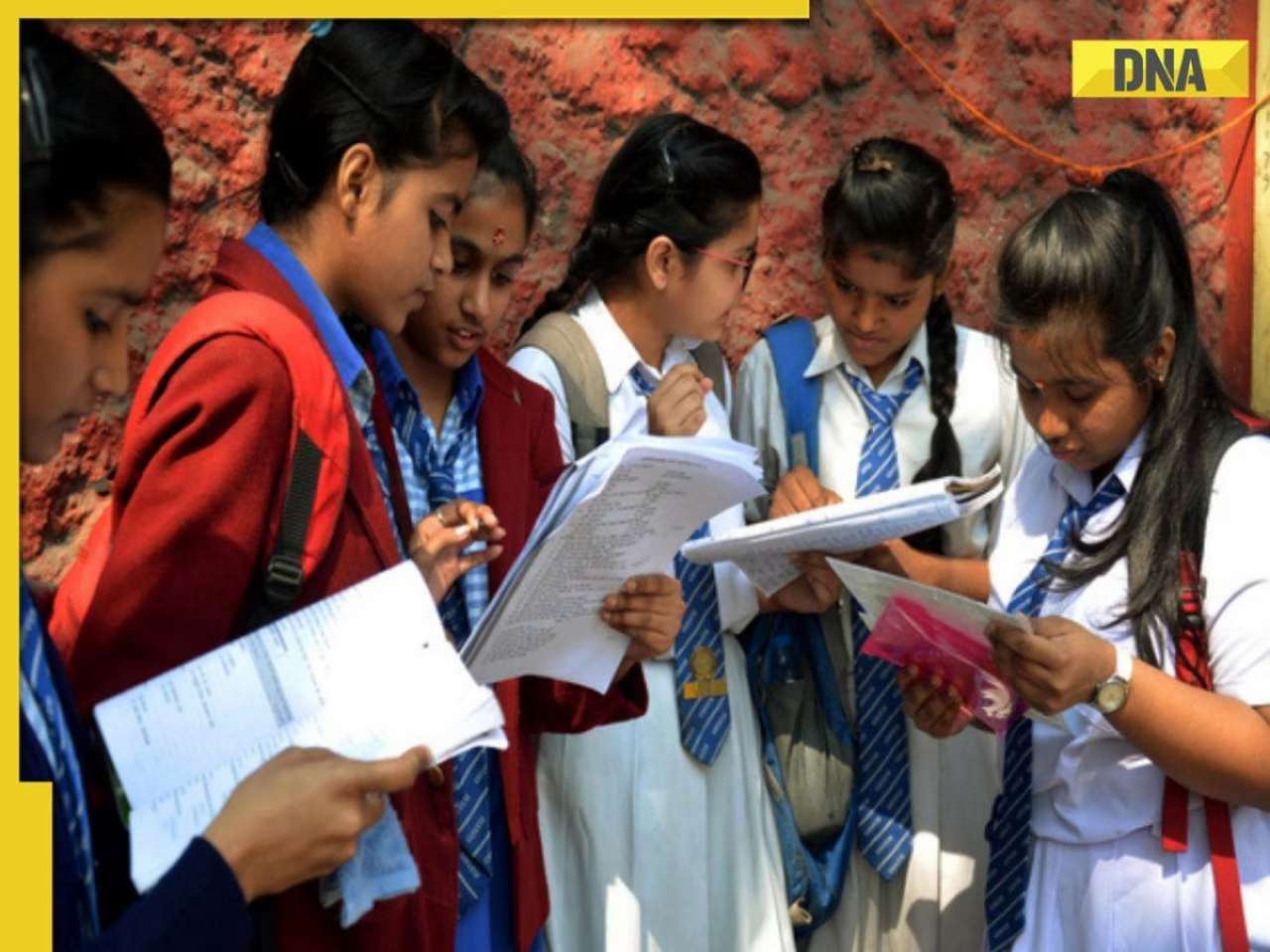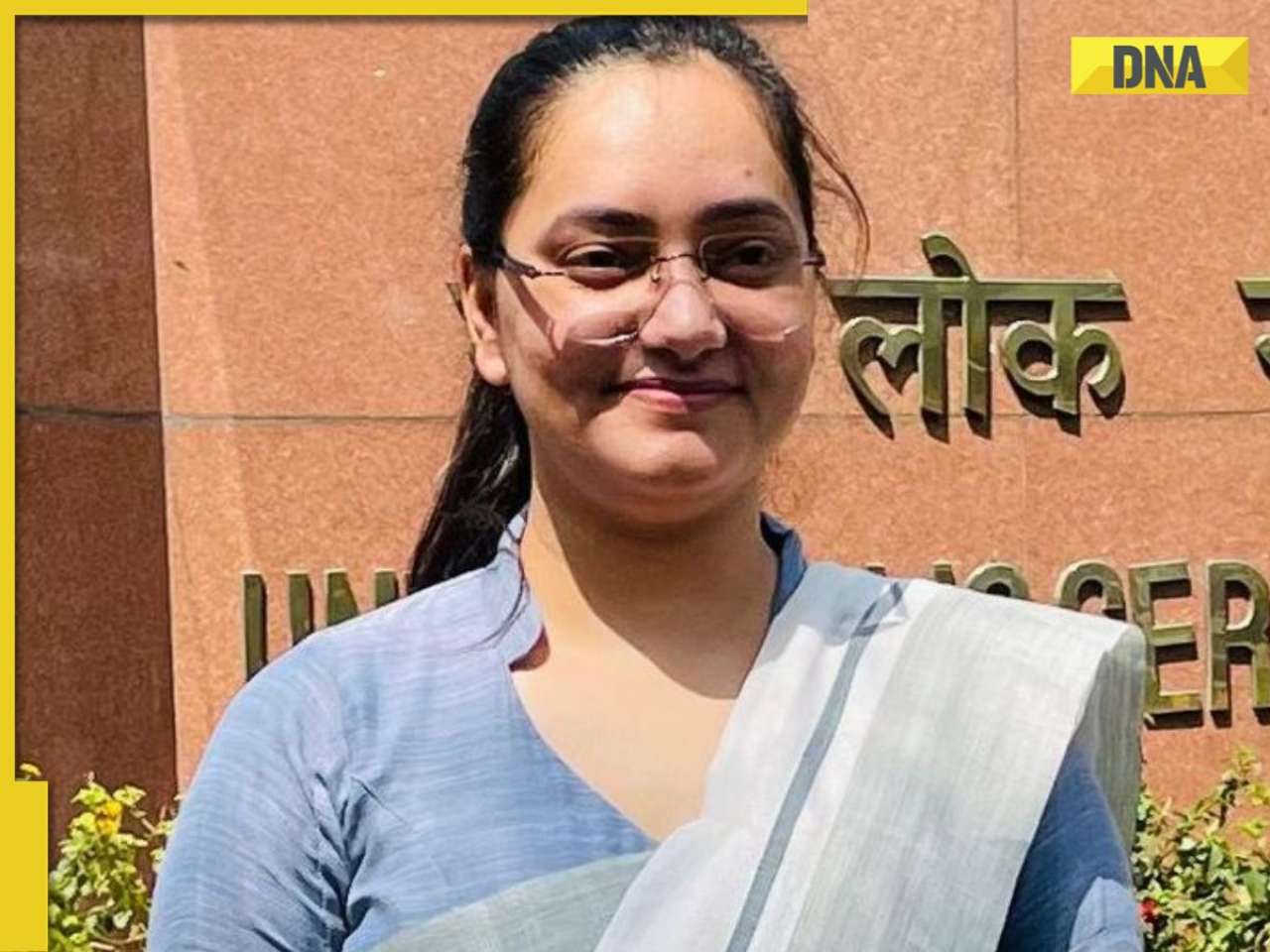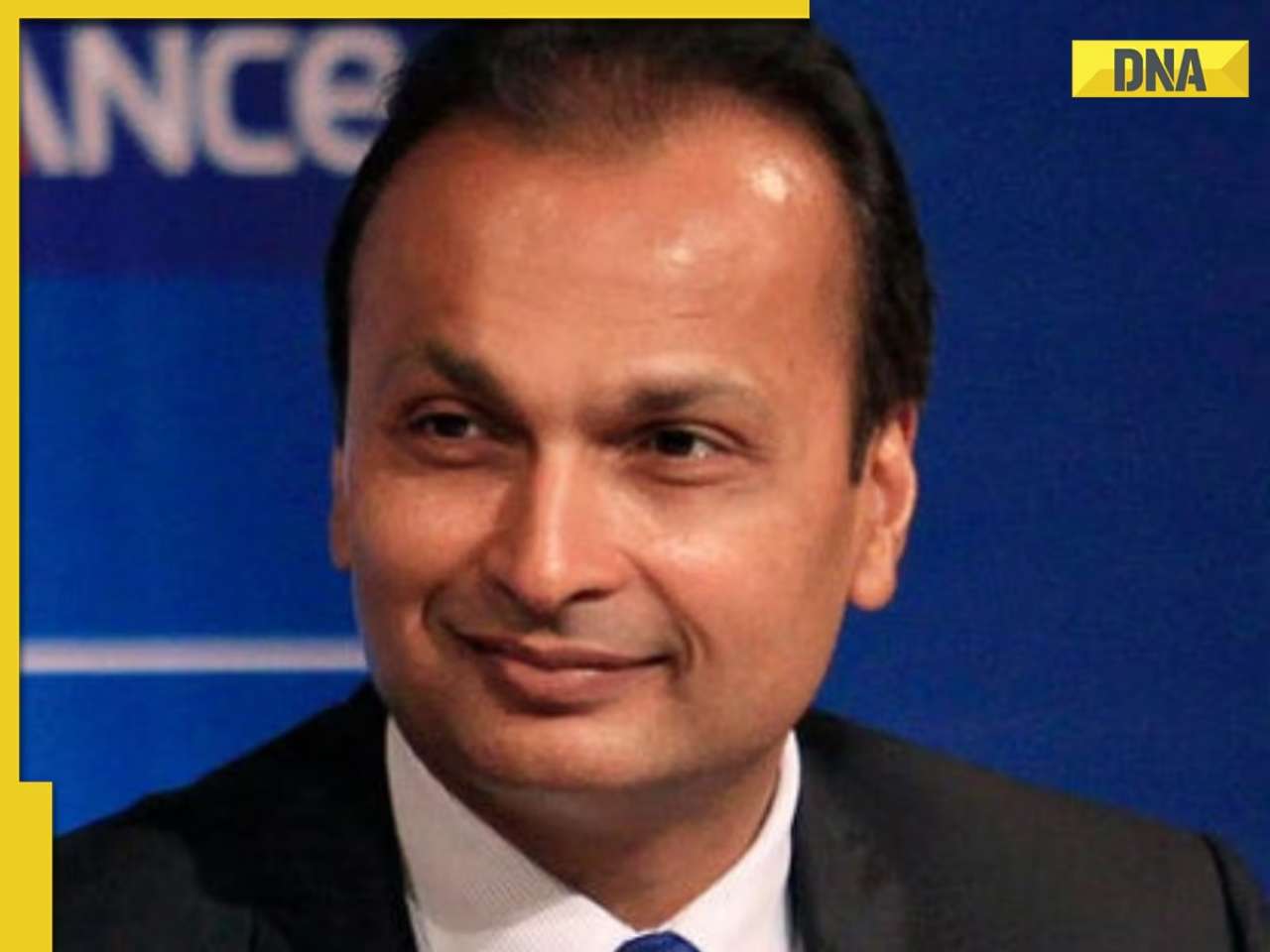- LATEST
- WEBSTORY
- TRENDING
SPORTS
Cricket World Cup: The power of one
In a World Cup match, when a Virender Sehwag or a Mahela Jayawardene plays well, it strengthens their team’s chances of winning the encounter, but when a Ryan ten Doeschate or a Chris Mpofu performs well, it does a lot more than just changing the equations.
TRENDING NOW
In a World Cup match, when a Virender Sehwag or a Mahela Jayawardene plays well, it strengthens their team’s chances of winning the encounter, but when a Ryan ten Doeschate or a Chris Mpofu performs well, it does a lot more than just changing the equations.
Individual brilliance from the minnows’ camps has been evident in the history of the World Cup. There have been many, who have put their countries’ names on the sporting map.
Ten Doeschate did just that when he almost single-handedly took the game away from their superior opponent, England. After the Oranje’s match-winning show against the same opponent in the World T20, there were expectations of a repeat of the same. But, if not for Doeschate’s ton, the match would have been a forgettable one. The all-rounder not only milked the English bowling, but also made a bold statement by standing tall in front of a country that gave birth to the game.
“We said at the start of the tournament we wanted to play brave cricket and this was a good example of that,” said ten Doeschate after the match. Similar good shows have been witnessed in the past. New Zealand will never forget their 1987 World Cup game against Zimbabwe in Hyderabad, when they were made to fight hard for a narrow three-run victory.
Zimbabwe’s Dave Houghton fought alone when most of his teammates failed even to touch the double-figure mark while chasing the target of 243 runs. Wicket-keeper batsman, Houghton, made an impressive 142 with 13 boundaries and four sixes and helped his team reach 239. Though Zimbabwe lost the match, it is remembered for the fight put up by Houghton.
Another Zimbabwean Andy Flower continued the legacy of the minnows from where Houghton had left. In the 1992 edition, Andy, playing in his first ODI match, gave his team a start which the Sri Lankans were not prepared for. He scored his maiden century and his 115 took Zimbabwe to 312. Unfortunately, the minnows lost that match too, but gained confidence.
In the 2003 chapter came Namibia’s pacer Rudolph Janse van Vuuren, who sent five of Nasser Hussain’s boys back to the pavilion and returned with an impressive figure of 10-2-43-5.
The South African pitches saw a few more inspiring performances. Kenyan Collins Obuya’s magical spell against Sri Lanka was one of them. After the Steve Tikolo-led side put a small target of 211 for the Lankans, it was Obuya’s turn to put things on the right track for his side. He shocked the Lankans by bundling them out in just 45 overs for 157. Obuya went back with a five-wicket haul and an economy rate that was as low as 2.40.
In all of the performances, the common factor was the display of strength shown by an individual from a team that was written off carelessly by the experts, but with every single effort, they demanded the due attention.
When the ICC is trying to cut down the number of teams from 14 to 10 in the next edition, one wonders whether similar display of strength will be seen in the future.


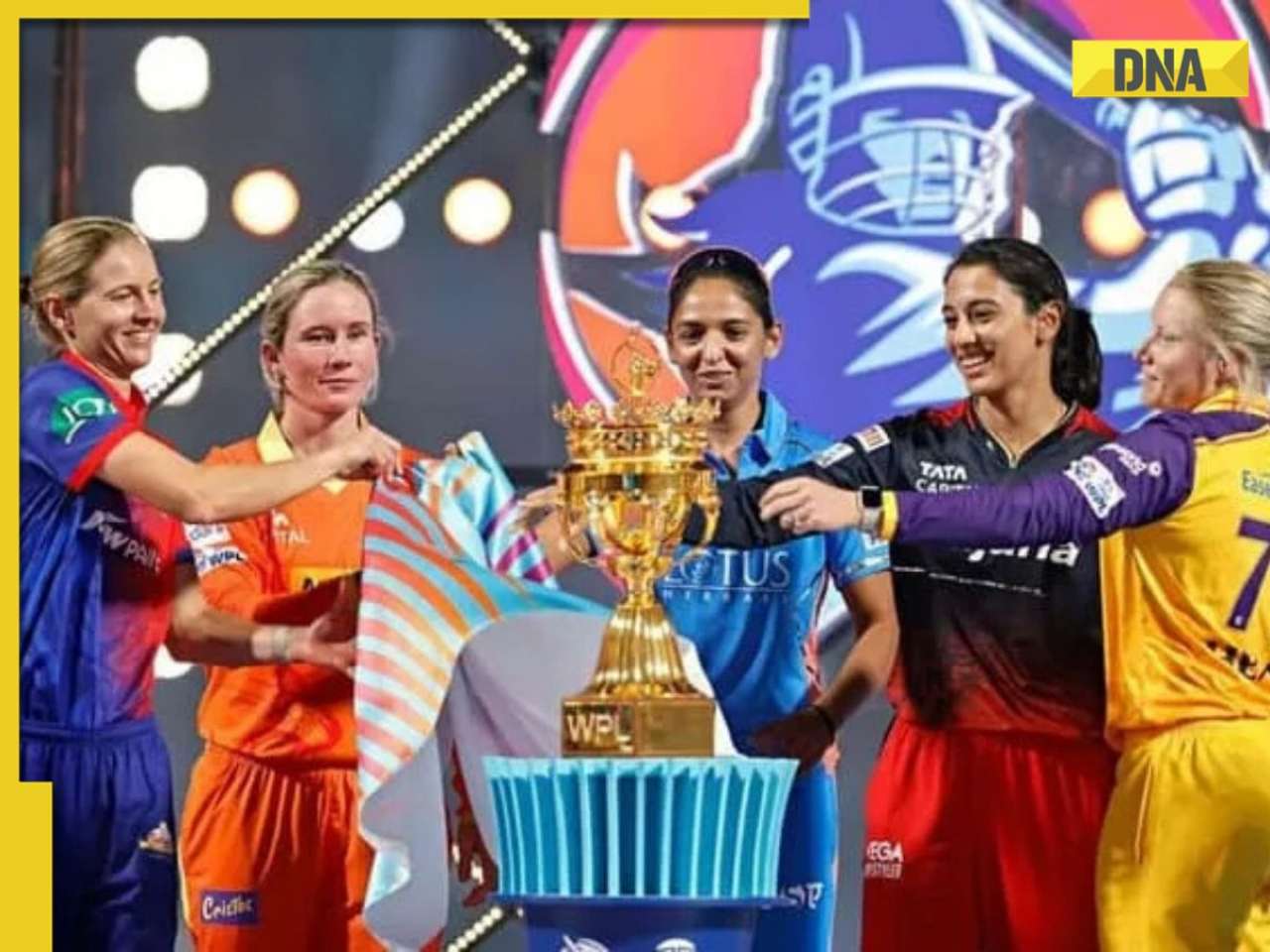





)
)
)
)
)
)
)
)
)
)
)
)
)
)
)








